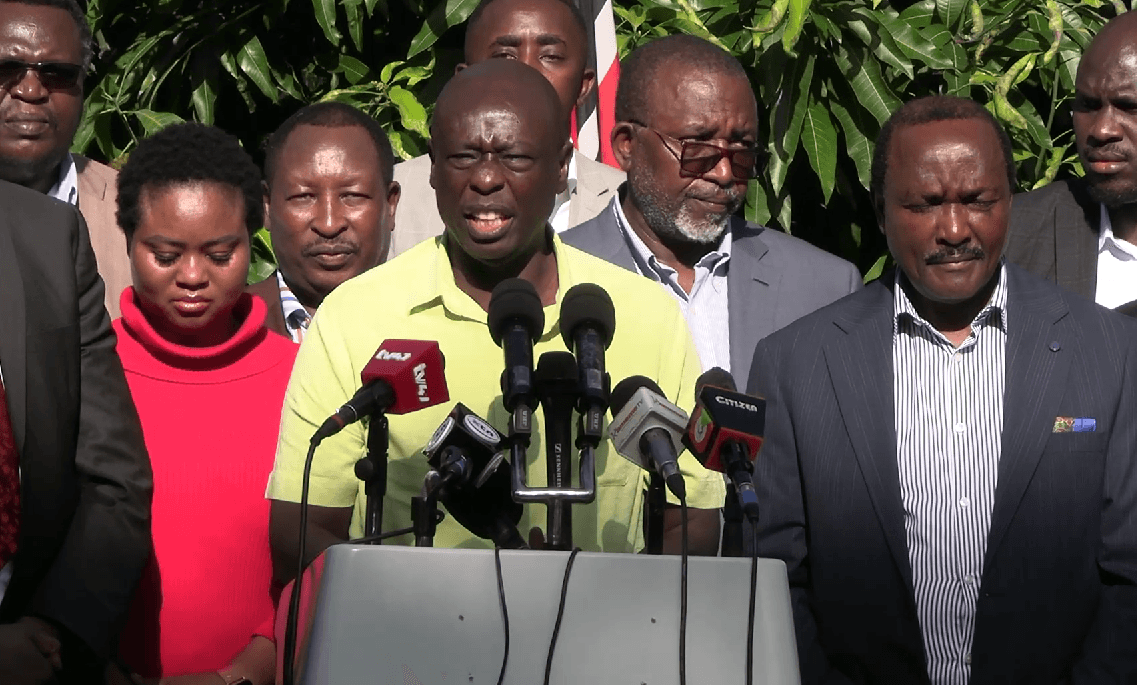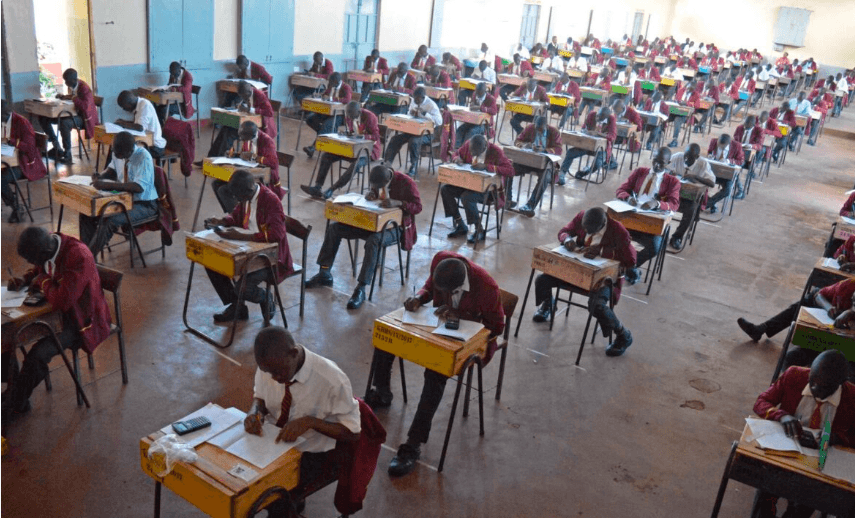.jpg)
Article 21 of the Universal Declaration of Human Rights, makes it clear that everyone has the right to partake to the political affairs of their countries.
Partaking in political affairs includes the right to air views and opinions on the elections and electoral processes if aggrieved.
No country is an exception.
However, over the past few days, post-election violence has flared up in mostly the capital of Mozambique, Maputo, because of reported election irregularities and the killing of key figures in the country.
Many a time, those that go to the streets to protest, are the youth.
This issue Mozambique is facing is not a far cry in African countries.
With the ease of information spreading through social media, hopefully, everything goes right in our next general election, or else the chances of Mozambique’s situation happening in Kenya in 2027 are not so far-fetched if things are not done right.
Triggers are very many and could be right from party politics at both the grassroots and national level, to executive and IEBC’s decisions.
Should anything go to the courts, then the courts’ decisions will also play a role in the peace and stability of the country. Why focus on youth participation in electoral processes?
With a growing young population in Africa, with 70 per cent of Sub-Saharan Africa under the age of 30; new technology which comes with issues like misinformation as well as incitement, youth participation in decision-making, has become increasingly important.
Governments in our beloved continent, seem slow in recognising the need to include young voices in democracy discussions to ensure their perspectives are represented.
Alternatively, some governments are working day and night to include the youth, realising the power is in the numbers but a few greedy politicians are sabotaging the processes.
In Africa, leadership must ensure transparency and accountability in decision-making to quell the ever-growing anger of the youth.
This is after the long period of rule by mostly the old generation, which continues holding onto power, and handing it down to favourites like those that fund their campaigns or do business with and family.
Wrong decisions hinder development and the creation of vibrant democratic spaces.
Wrong decisions also hinder new voices, new young leadership and generally the youth's integration into social, economic and political life in their respective countries.
The youth want independent decisions, in political processes in fact, Office of the High Commissioner for Human Rights defines the youth as a period of transition from dependence to independence and autonomy.
On that note of independence and autonomy, one of the core elements of democracy is the individual sovereignty of the youth.
The demonstration of good powerful decisions by the youth is what happened in Senegal earlier in the year, when a surprise candidate, now president, H.E Bassirou Diomaye Faye, was brought to power by the youth who said enough is enough with tyrants.
To get their independent decisions heard and taken seriously, the youth need to obtain identity cards and voting cards and take their civic duties very seriously.
The author, Vera Bwire, is a Communications researcher and scholar currently pursuing Peace and Development Work Studies in Sweden bwirevera@gmail. com



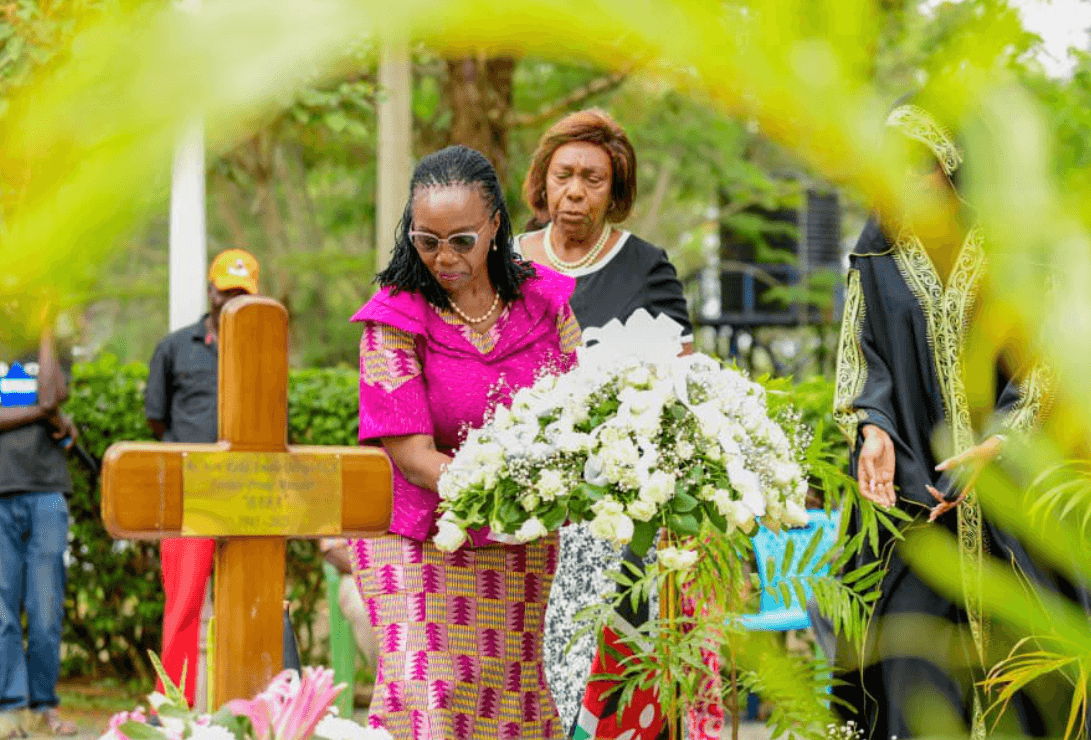
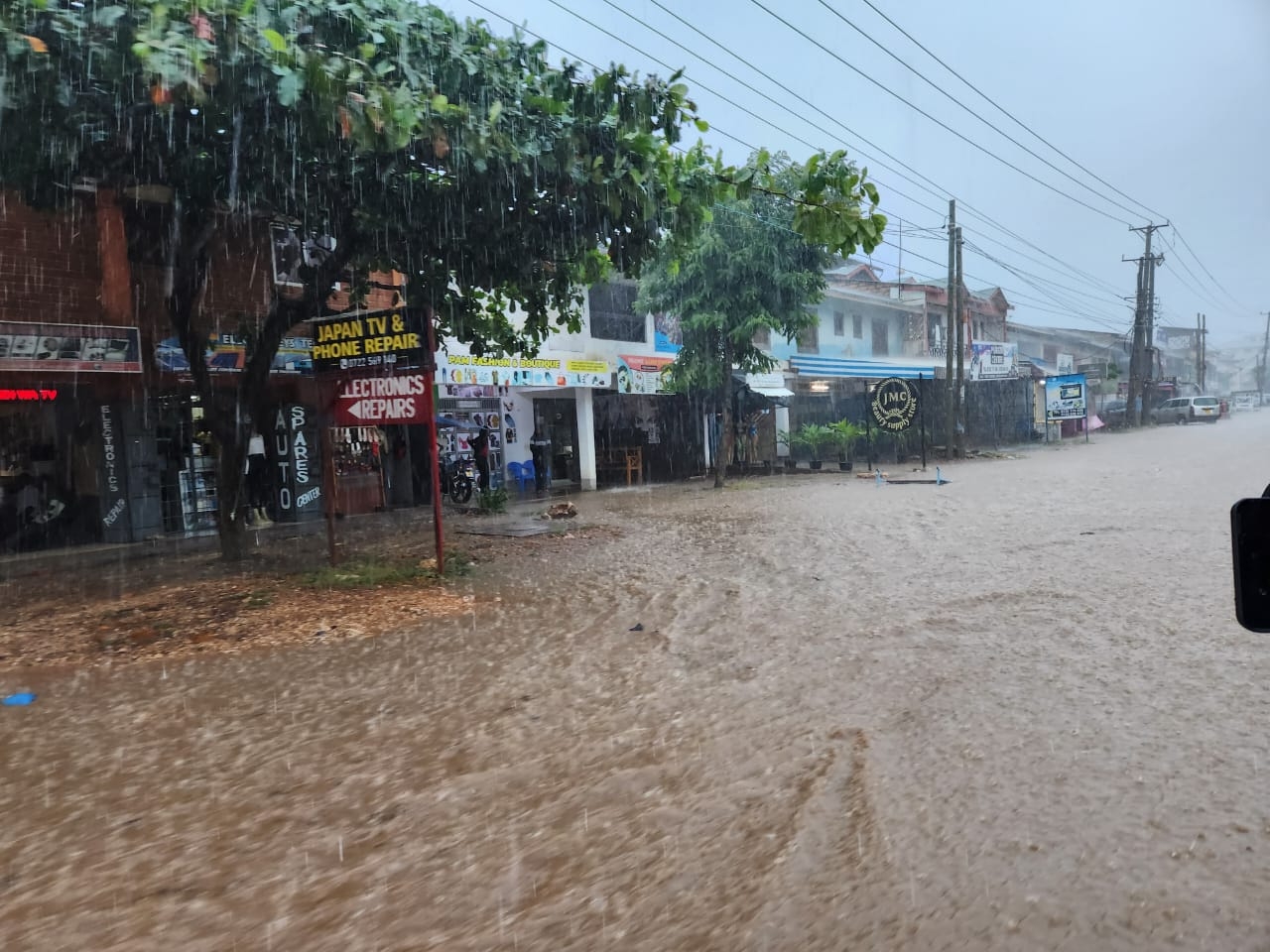
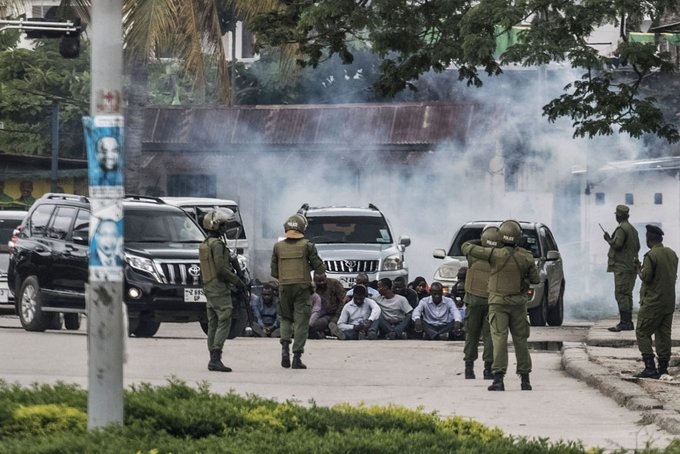
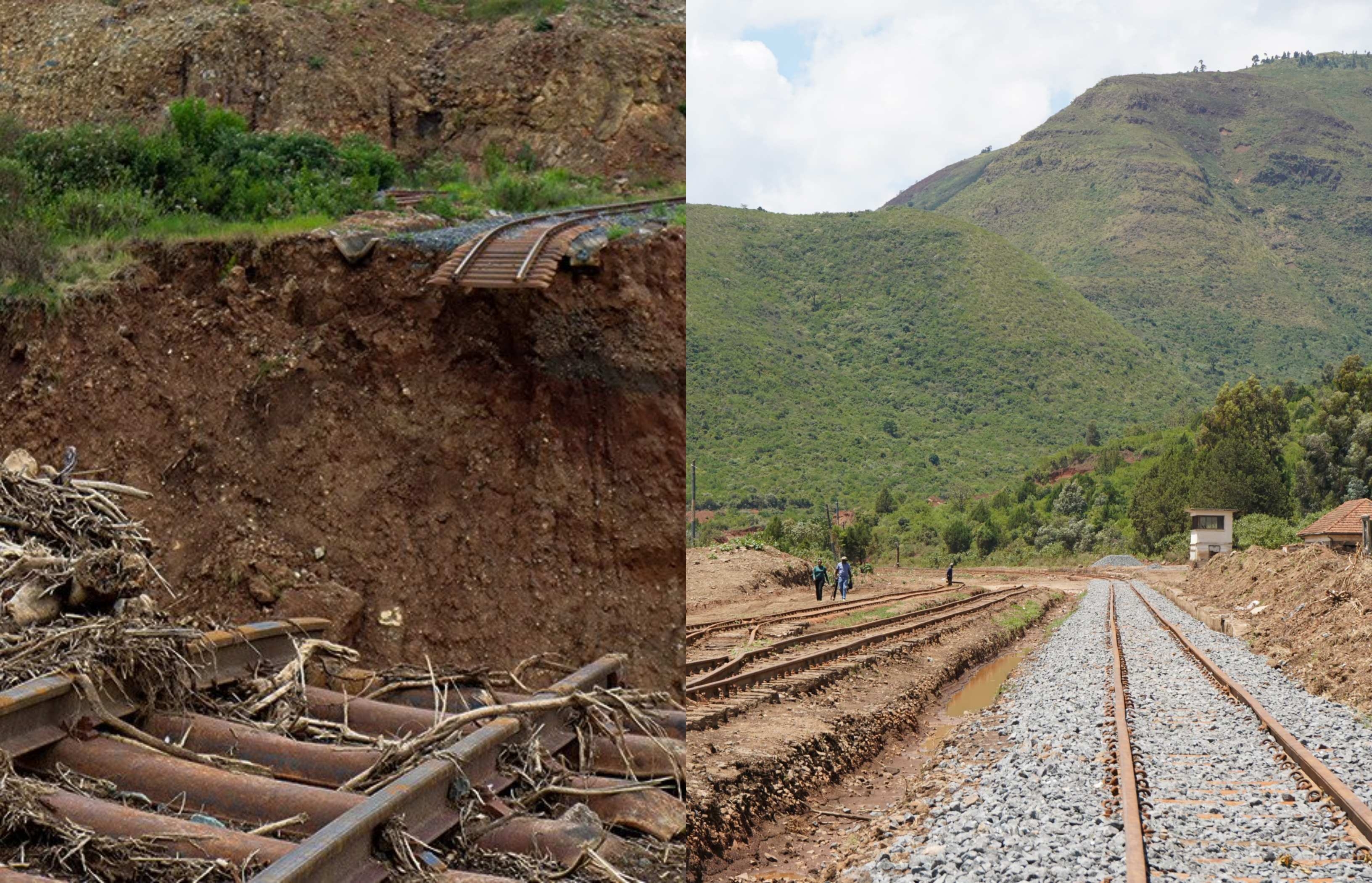

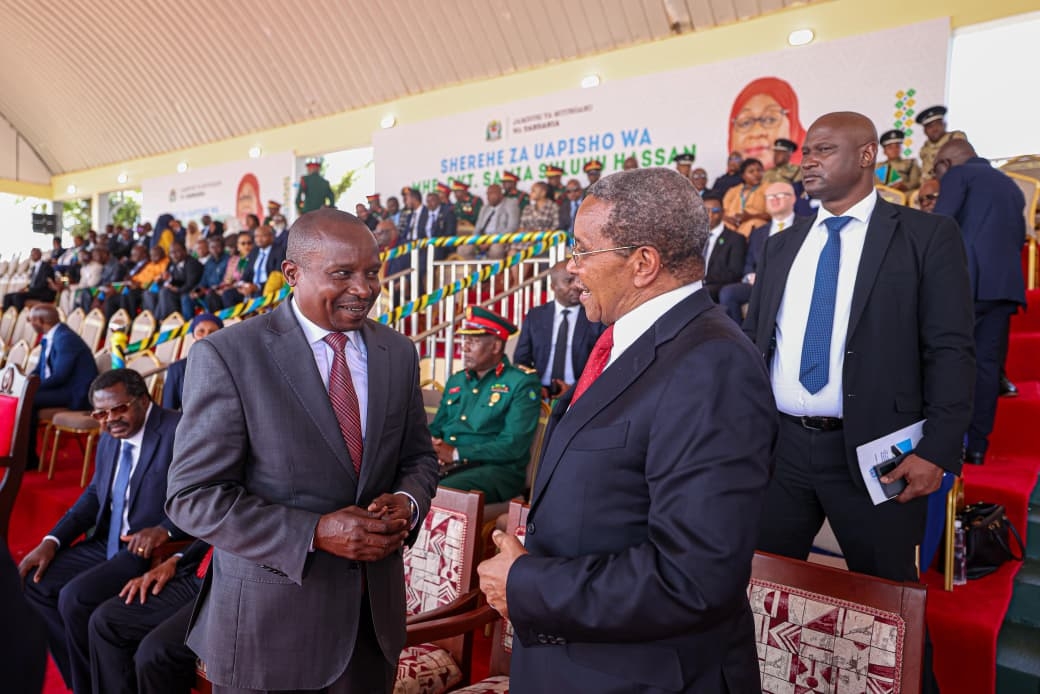
![[PHOTOS] How Suluhu’s swearing in went down](/_next/image?url=https%3A%2F%2Fcdn.radioafrica.digital%2Fimage%2F2025%2F11%2F9cbad8a5-9bff-410e-b157-a335c61d6d8d.jpg&w=3840&q=100)

